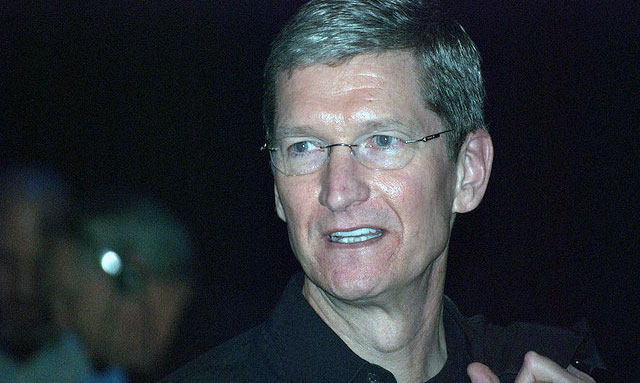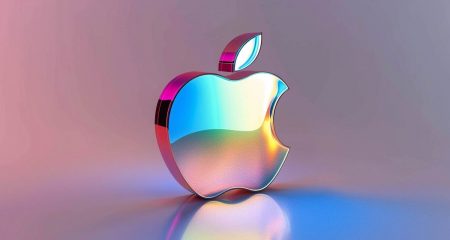
You may have read that the world’s most valuable company is cooking up something in the automotive world. In keeping with Steve Jobs’s practice of cloaking everything in iSecrecy, Apple hasn’t even acknowledged it is working on car technology, let alone explained why it wants to do so or why its ambitions and tactics keep shifting.
It’s time for Apple to start blabbing — for the benefit of Apple’s investors and the public, and for its own good.
Apple’s car plans may be undercover, but the development costs are not. The company spent US$9,7bn on research and development in the 12 months ended in June, nearly double the R&D costs from two years earlier. Analysts have estimated a good chunk of the spending increase — which has far outpaced Apple’s revenue growth — is devoted to the company’s car project.
The Financial Times also reported Wednesday that Apple has considered an acquisition of or investment in McLaren Technology Group, the UK company that could give Apple access to useful automotive engineering and high-end car parts and an entry to the complicated auto supply chain. Apple also is talking with Lit Motors, a start-up working on an electric motorcycle, about a potential takeover, The New York Times reported.
McLaren later denied that it was in discussions with Apple about an investment. Regardless, with Apple already spending billions of dollars on its car project and potentially spending a couple billion more if it follows through on a purchase of McLaren or another company, Apple needs to justify to its investors, potential partners and itself what it’s planning in the automotive world.
Here is a short list of unknowns about Apple’s auto ambitions. What is its goal in cars? How is it going to make money on its car project? Does Apple itself know the answers to these questions?
The company reportedly was first working on its own electric car but more recently has shifted strategy to prioritise development of underlying self-driving car technology even if Apple doesn’t make or sell a car itself. Apple also recently laid off employees and closed parts of its self-driving car project.
Does secrecy hurt Apple rather than help? A car or self-driving car technology isn’t a product that Apple can just cook in a lab for 10 years until everything is perfect and then spring it on the world with a dramatic on-stage reveal. Google has been testing its self-driving car technology for years and discussed its plans with regulators, parts suppliers and auto manufacturers that can bring the company’s designs to life.

Even Uber — which goes toe-to-toe with Apple in the secrecy department — is opening an office in Detroit to better collaborate with car companies on its self-driving car ambitions. The CEOs of Uber and Lyft have also written manifestos explaining the merits of cars driven by computers rather than mistake-prone humans. Governments understandably also want car makers to share information about safety and other elements of self-driving cars. In short, secrecy about Apple’s car ambitions may hinder its ability to actually bring those plans to fruition.
Yes, Apple worked on groundbreaking projects like the iPhone without discussing them in public — and changed tactics midstream, too. But this is different. Cars require more collaboration and discussion, even if such things give Tim Cook hives. And this a moment of serious questions about Apple’s ability to come up with a next act. The company does not and should not continue to receive the benefit of the doubt to do whatever it wishes and spend however much it wants on secretive projects with unclear aims and payoffs. — (c) 2016 Bloomberg LP




